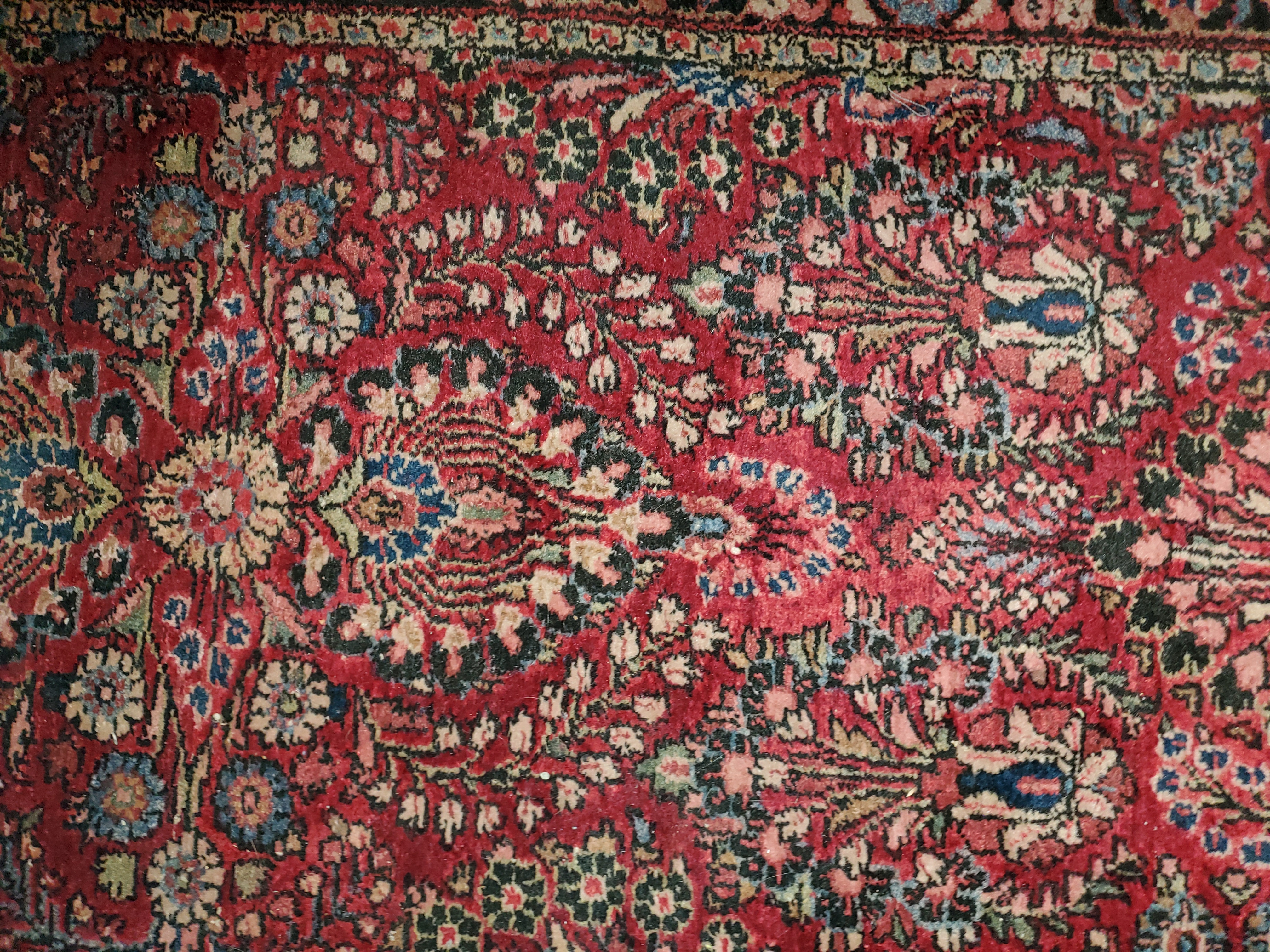Running on Empty Much?
- Arlyn Anderson

- Oct 20, 2017
- 2 min read
Whole Interpreter Enterprises
My mother was in her later years with Alzheimer’s when my oldest sister imploded from the stress of prolonged caregiving. I remember looking into my sister’s eyes, and her light had gone out. The day she handed over the responsibility for mom’s care to me, she was an empty, diminished version of her former self. Having nurtured my own heartbreak as the layers of my mother’s life peeled away, I made a deal with myself: if I was going to walk this road with my mom and try to remain loving and patient, I would figure out how to come out on the other end MORE of who I am and not LESS.
The day I learned about compassion fatigue, I began to walk a fine, but imprecise balance between taking care of myself and needing to take care of myself. Compassion fatigue is what happens to the big-hearted among us when we are caring for, or serving, people or animals in need and we are unable to recharge and replenish our reserves of well-being. Compassion fatigue results in a diminished capacity for caring. It’s like turning down the dial on our effectiveness and love. For caregivers who know what it’s like to be capable, caring and big-hearted, this can come at a terrible cost. We don’t recognize ourselves. At best, caring for others in need is sacred, honorable work. The trouble is when we are empty, or perhaps saturated, the caregiving continues - only with more of an emphasis on the giving and less on the caring. Sadly, people who are suffering as a result of compassion fatigue usually have no idea what changed them, or what path to take to restore and renew.
Today I think of self-care as refilling my bucket. I keep an eye on that bucket all the time. When my bucket is full, I splash and spill compassion and love wherever I walk. ‘Here, have a little of mine.’ My well-being is abundant and shared with ease. When my bucket is low, or leaking, giving hurts. Everything is harder. When I’m empty, my capacity for caring effectively is lost to me. In my coaching practice, I work with caregivers of all kinds, and most, if not all, initially and expertly resist the call to self-care. If this is you, put up a fight if you must, and then let this in: If we care for others, personally or professionally, self-care is not an option - it is a responsibility. To stay effective and fully alive, embrace it. When you’ve got the ‘why,’ the ‘how’ will show up. I know you can do it. Take it on with the zest and vigor that you once took on the challenges that others wouldn’t. Your self-compassion will make you better at what you do. It will make you better at who you be. Viktor Frankl, brilliant psychiatrist, neurologist and holocaust survivor wrote, “That which is to give light, must endure burning.” Caring for ourselves is how to burn brightly - without burning out.
Part of this piece was first published at https://coachmenopause.com/blog/find-out-how-life-coaches-think-about-self-care



















Comments